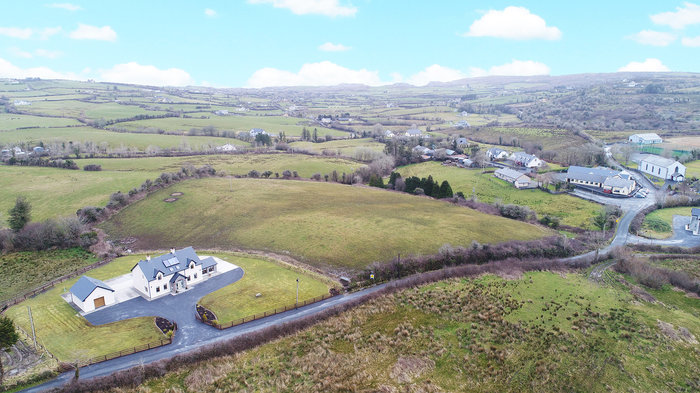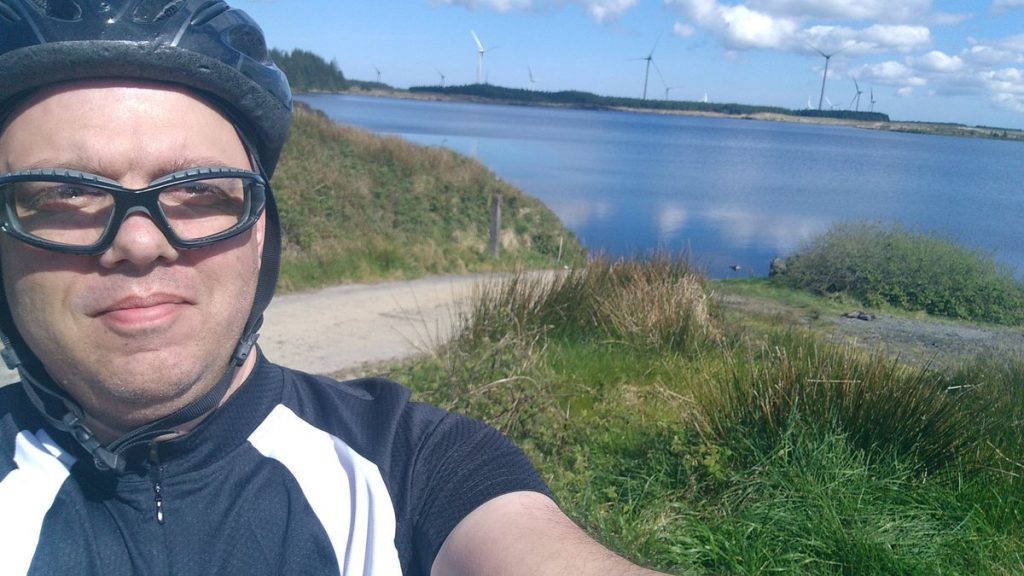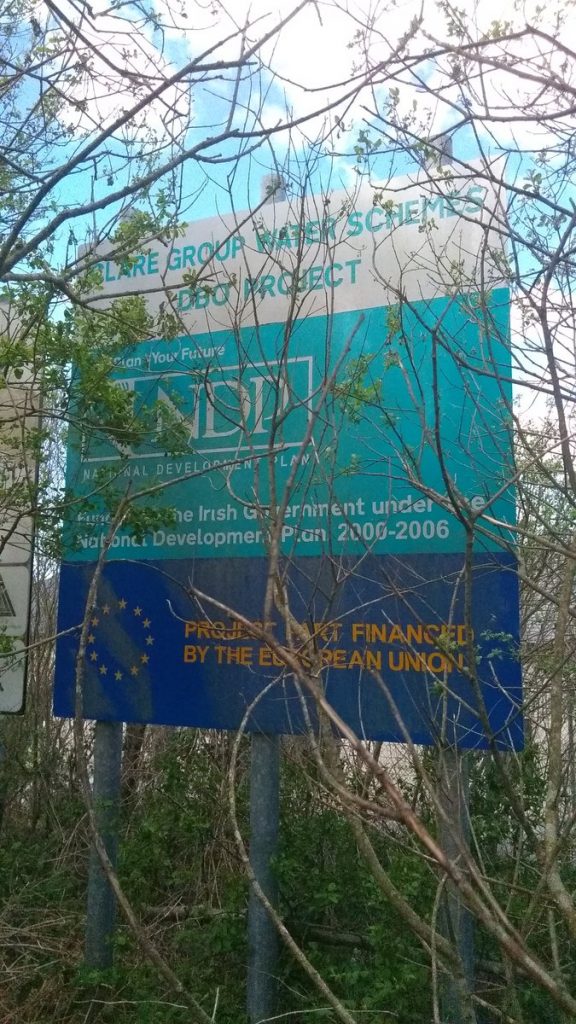Finding myself at a loose end of a Thursday evening I decided to attend a lecture at university. Quite a few years since I last sat in a lecture theatre! The lecture in question was on the psychology of Brexit by Professor Brian Hughes at the National University of Ireland, Galway, so kinda my thing right now. The event was fairly sparsely attended – whilst Brexit is a topic of considerable interest here the focus is mainly on the future practical implications rather than concern for the the emotional state of traumatised Brits.
Professor Hughes started out introducing the science of psychology, and Brexit itself, then exploring the events and the people and looking for motivations for the vote using data to explain whether a supposed link was plausibly correlated to voting intentions. Most things are weakly correlated – support for the death penalty and prison punishment is one of the stronger correlations but there isn’t an obvious link between that and Brexit, but if you are more into retribution than rehabilitation you are probably a Brexit voter. I think there may be something different in terms of how people view themselves and others. I don’t want to live in a state that can legally execute or punish me (however unlikely that may be), and I strongly value my freedom of movement. On average Brexit voters are more likely to want the state to punish other people and they want other people to lose their freedom of movement. Arguably that makes me the more self-centred one, but that is how I would explain the correlation.
There was a talk about whether it was to do with pining for the lost empire – many people have speculated this, but the Netherlands and France were colonial powers and they don’t appear to have the same pressures. It has also been rather too long since there was much of an empire for this to be a plausible motivation. It is certainly the case that the UK doesn’t really have a heroic independence narrative to sing songs about and everyone else has got one, America/India/Ireland etc. There is a fairly obvious reason why the UK is the one that doesn’t have an independence narrative, but we are seeing now the Brexiters think they are fighting for independence rather than leaving a club in an orderly fashion.
There were some charts exploring links between austerity and the vote. I felt that average wages were misleading – maybe in an area the average wage dropped £20 a week since the peak – however nobody really had a pay cut – some people lost their jobs and maybe took lower paid work. A falling average wage doesn’t really work as a useful metric as it doesn’t represent what is going on in peoples lives. A rising average wage on the other hand might well mean people are getting a bit of a pay rise in their jobs.

There was a brief discussion of some photos of the key players. They were taken from Wikipedia which means they are not random and are not selected by a newspaper photo editor. Photos on Wikipedia have to be free to use and share under a creative commons license – that is more important in the selection process than the pose. A couple of the pictures came from the excellent GDS project to get standard digital portraits under a shareable license. That would be the picture of Jacob Rees-Mogg and Jeremy Corbyn (who probably had to borrow a tie from the photographer). The picture of Theresa May was interesting, Professor Hughes noted this was cropped to more than a head shot, it came from the January 2017 document introducing the negotiations and released under the Open Government Licence which is Wikipedia compatible. What he didn’t spot is that the photograph is all about the Frida Kahlo bracelet she is showing off and was only really noticed in October 2017 at the coughing conference. I haven’t got the faintest idea why she is wearing it, but it is such an awkward looking thing it can’t be anything other than a statement of some kind.
After the vote there has been observable population level stresses, including indicators such as increased antidepressant prescriptions and suicides. It is probable that when the predicted consequences of Brexit happen, especially in the event of a no-deal exit there will be a much clearer impact on the stress indicators. Possibly moving to Ireland was a bit of a stress response on my part. I like to think of it as a rational strategic response to a careful detailed examination of the situation and modelling of all possible future paths, but maybe it was just stress. It is certainly easier to be amused than horrified by the shenanigans in Westminster when living in County Clare. Like bagpipes, Brexit is best enjoyed from a suitable distance.
It was an interesting lecture, very well delivered and giving a high level overview of the potential psychological background that brought about the vote, and the stresses on the population that occurred thereafter.












